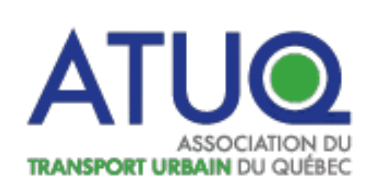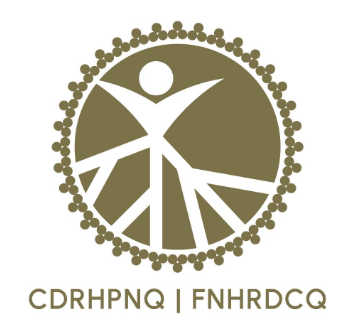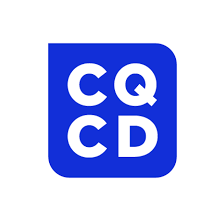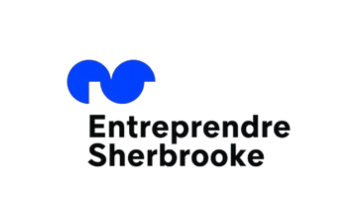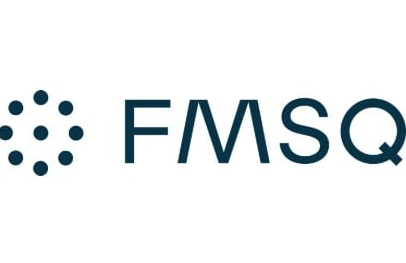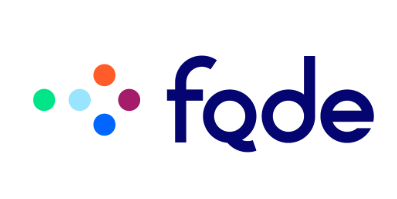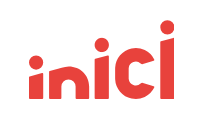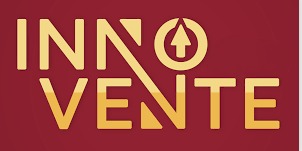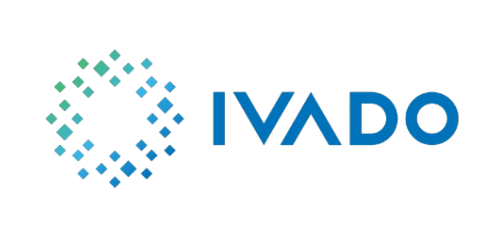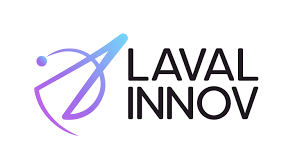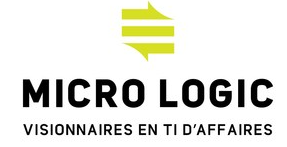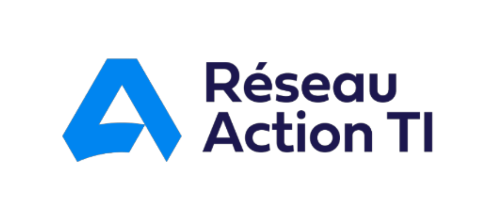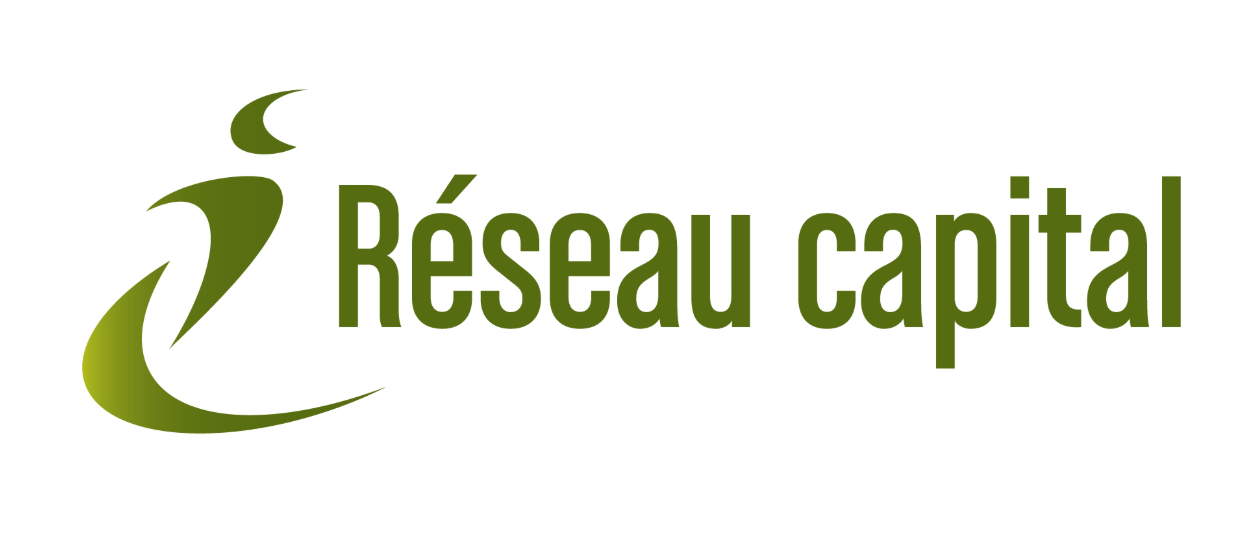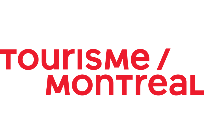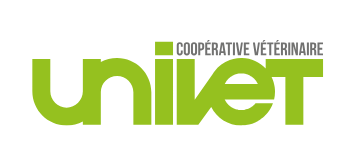Optimizing Access Control at Your Business Event through an Integrated Event Platform

Business events are crucial opportunities for participants to build connections, exchange ideas, and promote their products or services. However, orchestrating such a large-scale event requires careful planning and efficient management, especially concerning access control. Whether it's a conference bringing together industry experts, a trade show showcasing the latest innovations, or a professional association congress, delivering a seamless experience to participants is essential to ensure the event's success and guest satisfaction. Fortunately, technological advancements in the field of event platforms now offer innovative solutions to meet these critical needs.
With an integrated event platform, you have a powerful tool to efficiently manage access control at your event. This platform allows you to define specific access permissions for different groups of participants, ensuring personalized and secure management of event areas. Whether it's VIP attendees requiring privileged access, conference registrants for specific workshops, or staff needing access to restricted areas, the platform provides the necessary flexibility to meet your event's specific requirements. Moreover, it provides precise data collection tools, allowing you to track the attendance of various activities in real-time and generate detailed reports to assess participant engagement and the effectiveness of your program. This functionality is particularly relevant for events where participants need to accumulate training or professional development credits. It will even be possible to calculate the time spent in the room for each participant and easily generate this information through participation reports.
Another essential feature of modern event platforms is the ability to generate customized badges for participants. These badges can be used both physically and electronically, providing a versatile solution for access control and fostering connections among participants. With a unique QR code associated with each profile, guests can be scanned upon entry and exit from the event, facilitating attendance tracking and venue security. Furthermore, this QR code can be used to facilitate interactions between participants, effectively replacing traditional business cards. By providing real-time information about participants, including updates on their registration status for specific activities, this feature enables smooth and efficient event management while offering a personalized experience to participants.
An integrated event platform also offers a comprehensive solution for managing activity registrations. Participants can easily sign up for conferences, workshops, or any other type of activity through a user-friendly interface, allowing precise event program planning. By offering this customization option, you enable participants to create their own itinerary based on their interests and objectives, thereby enhancing their overall experience at the event. Event planners can also limit registrations for certain workshops based on room capacities to avoid overcrowding. Participants can modify their activity choices at any time through their mobile application, providing greater flexibility while facilitating coordination by organizers.
Finally, an integrated event platform facilitates real-time communication with participants, essential for ensuring the smooth running of the event. Through features such as push notifications on mobile devices, registration reminders, access instructions, and last-minute updates can be easily disseminated to all participants, ensuring that everyone is informed of the latest information and directives. This proactive communication helps reduce potential confusion or delays, ensuring a seamless and smooth experience for all participants.
In conclusion, leveraging an integrated event platform offers a multitude of benefits for optimizing access control at your business event. By harnessing advanced features such as dynamic access control management, real-time data collection, the use of customized badges, activity registration management, and proactive communication with participants, you can not only ensure participant safety and satisfaction but also maximize the operational efficiency of your event, thereby making it a success!
1. Access Control and Data Collection:
With an integrated event platform, you have a powerful tool to efficiently manage access control at your event. This platform allows you to define specific access permissions for different groups of participants, ensuring personalized and secure management of event areas. Whether it's VIP attendees requiring privileged access, conference registrants for specific workshops, or staff needing access to restricted areas, the platform provides the necessary flexibility to meet your event's specific requirements. Moreover, it provides precise data collection tools, allowing you to track the attendance of various activities in real-time and generate detailed reports to assess participant engagement and the effectiveness of your program. This functionality is particularly relevant for events where participants need to accumulate training or professional development credits. It will even be possible to calculate the time spent in the room for each participant and easily generate this information through participation reports.
2. Badge Utilization:
Another essential feature of modern event platforms is the ability to generate customized badges for participants. These badges can be used both physically and electronically, providing a versatile solution for access control and fostering connections among participants. With a unique QR code associated with each profile, guests can be scanned upon entry and exit from the event, facilitating attendance tracking and venue security. Furthermore, this QR code can be used to facilitate interactions between participants, effectively replacing traditional business cards. By providing real-time information about participants, including updates on their registration status for specific activities, this feature enables smooth and efficient event management while offering a personalized experience to participants.
3. Activity Registration Management:
An integrated event platform also offers a comprehensive solution for managing activity registrations. Participants can easily sign up for conferences, workshops, or any other type of activity through a user-friendly interface, allowing precise event program planning. By offering this customization option, you enable participants to create their own itinerary based on their interests and objectives, thereby enhancing their overall experience at the event. Event planners can also limit registrations for certain workshops based on room capacities to avoid overcrowding. Participants can modify their activity choices at any time through their mobile application, providing greater flexibility while facilitating coordination by organizers.
4. Real-Time Communication:
Finally, an integrated event platform facilitates real-time communication with participants, essential for ensuring the smooth running of the event. Through features such as push notifications on mobile devices, registration reminders, access instructions, and last-minute updates can be easily disseminated to all participants, ensuring that everyone is informed of the latest information and directives. This proactive communication helps reduce potential confusion or delays, ensuring a seamless and smooth experience for all participants.
In conclusion, leveraging an integrated event platform offers a multitude of benefits for optimizing access control at your business event. By harnessing advanced features such as dynamic access control management, real-time data collection, the use of customized badges, activity registration management, and proactive communication with participants, you can not only ensure participant safety and satisfaction but also maximize the operational efficiency of your event, thereby making it a success!












